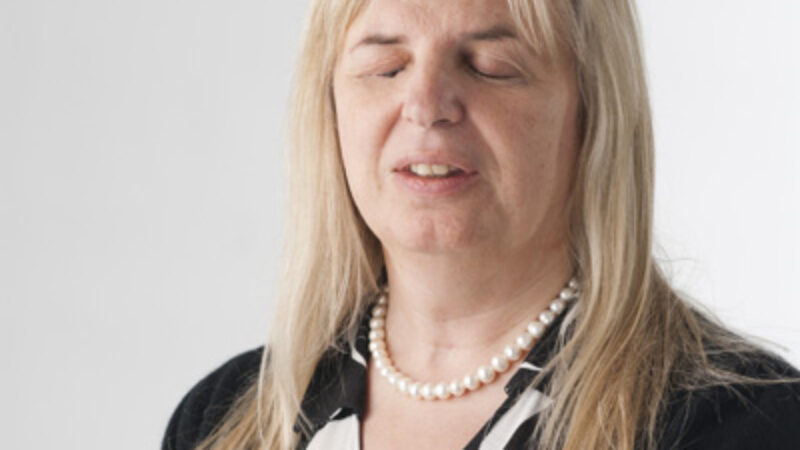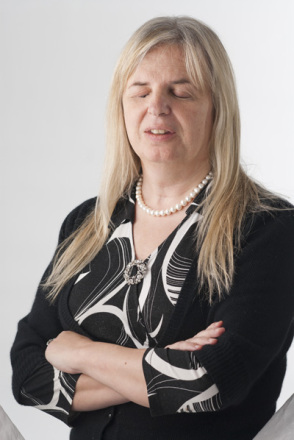
Labour activists and disability campaigners alike will be very wary about the motives and impact of Iain Duncan Smith’s latest so-called “conversation” to cut Employment and Support Allowance. It isn’t just fictitious case studies that should concern us, but the Tory fabrication of the lives disabled people lead. With the prospect of a million people not fit enough to work having their benefits further cut is another sign of a cruel Tory Government in action.
Yet it isn’t good enough for Labour to respond with vague assertions about meeting people’s needs alone. Absolutely, we should protect the most vulnerable in our society, but we must also recognise that disabled people have aspirations too.

With all the talk of aspiration in the leadership contest, disabled people should also have a stake in our ambitions for working people. That was a telling absence in responses to Disability Labour’s survey of prospective Leaders and Deputy Leaders.
There is no doubt that the Labour and trade union movement provides the best protection for people who are unable to work due to disability. Contenders to lead Labour were unsurprisingly united on that mission to care.
However, many disabled people want to work, buy their home and get around independently. We don’t get the opportunities and often encounter discrimination. Yet little was said by candidates about promoting rights and empowering disabled people.
The laudable, yet piecemeal, responses to Disability Labour’s survey include:
Jeremy Corbyn wants to strengthen enforcement of reasonable adjustments, introduce audits to check disabled people’s pay rates, re-open the Independent Living Fund and has committed to inclusive education. The thrust of Andy Burnham’s case was around integrating health and social care, echoed by the other candidates. In line with Labour’s 2015 Disability Manifesto, Yvette Cooper undertakes to replace the failing Work Programme with specialist employment support and link this to integrated health and social care. Liz Kendall proposed ways of improving quality and conditions in the care sector by strengthening opportunities for Community interest companies and social enterprises, as well as practical support with specialist equipment.
In the main, the candidates don’t give more than the briefest sense of what they would do if successfully elected. For Example, none of the candidates offered a view on whether Labour should seek to have the recommendations from the Massie Review implemented or not.
When contrasting candidate responses to surveys conducted by LGBT Labour and Disability Labour, there is a clear and consistent direction of travel on LGBT issues which is seriously lacking on disability. That’s really concerning in light of Labour not having any known disabled MP’s (although a few have talked about previous experience of mental health) and the Access to Elected Office Fund has been closed with a whimper.
Deputy Leader candidates make broadbrush commitments in their responses about listening and involving more people in campaigning. Again, there wasn’t anything specific for realising our potential, by for example meeting the extra costs incurred by disability. However, Ben Bradshaw, much to his credit, showed insight by setting out an agenda rooted in the social model.
We are a long way from living up to the disability movement’s slogan of “Nothing about us, without us”. That’s why Disability Labour must guide Labour to articulate a more compelling narrative, as well as challenging the new leadership team to deliver specific measures that will improve the political voice, representation and involvement of disabled people.
Emily Brothers was Labour Parliamentary Candidate for Sutton and Cheam in 2015 and is currently seeking nomination in Croydon and Sutton for the Greater London Assembly constituency. She is an Executive Member of Disability Labour.




More from LabourList
Government abandons plans to delay 30 local elections in England
‘The cost of living crisis is still Britain’s defining political challenge’
‘Nurses are finally getting the recognition they deserve’